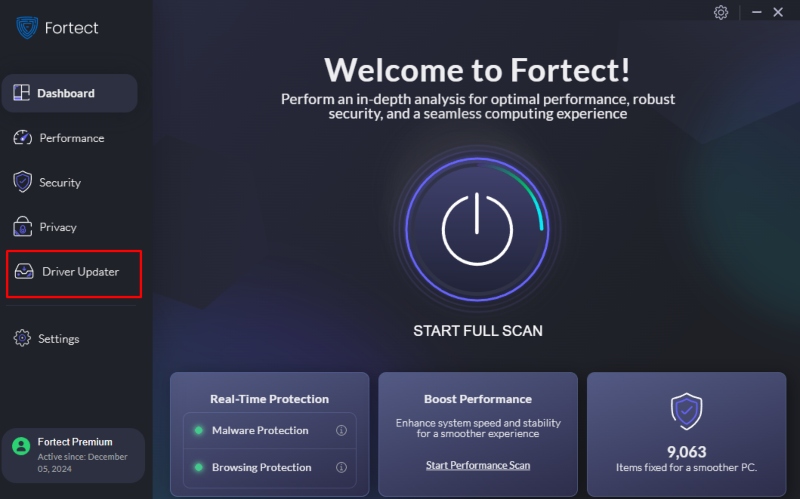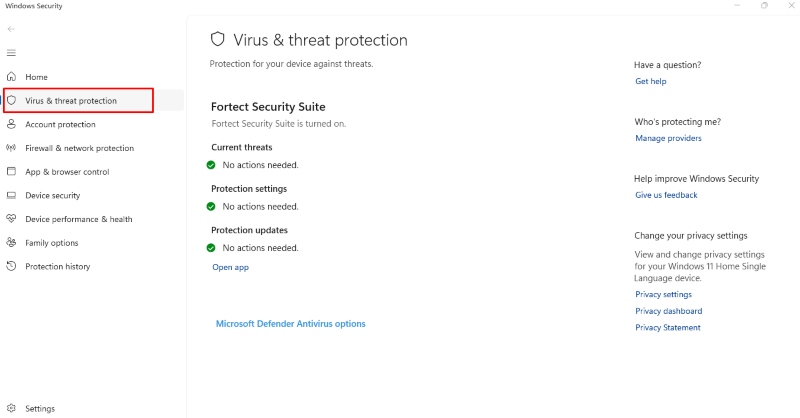Best Ways to Fix Windows 11 High Memory Usage
Windows 11 is a modern, feature-rich operating system for better performance and enhanced functionality. However, many users have reported experiencing high memory usage, which can slow down their system. This blog will explore the best ways to fix high memory usage in Windows 11 and restore your PC’s performance.
Common Causes of High Memory Usage in Windows 11
Several factors contribute to high memory usage in Windows 11. These could include background apps running excessively, memory leaks from outdated drivers, or apps demanding more memory than usual. Identifying and addressing these issues is crucial for preventing system slowdowns and improving overall performance.
SOLVED: Windows 11 High Memory Usage

Disable Background Apps
Many apps run in the background, consuming valuable system resources. These apps might not be essential and can easily be disabled to free up memory.
Step-by-step:
- Open Settings > Privacy > Background apps.
- Toggle off unnecessary apps that you don’t need running in the background.
- This will reduce the number of apps competing for memory and improve overall performance.
Adjust Virtual Memory Settings
Virtual memory allows Windows to use a portion of your hard drive as “virtual RAM,” which can alleviate memory pressure. However, improperly configured virtual memory can cause high memory usage.
Step-by-step:
- Right-click Start and select System.
- Go to Advanced System Settings> Settings (under the Performance section).
- In the Performance Options window, click Virtual Memory.
- Uncheck Automatically manage paging file size for all drives and adjust the paging file size according to your system’s needs (it is typically recommended that you set it to 1.5 times your RAM).
- Click OK and restart your PC to apply the changes.
Update Drivers
Outdated drivers can lead to memory leaks, which cause high memory usage. Ensuring your drivers are up to date will help improve system stability and reduce memory consumption.
Step-by-step:
- Press Windows + X and select Device Manager.
- Right-click on each device category and select Update Driver.
- Follow the on-screen instructions to complete the updates.
- Restart your system for changes to take effect.
Try a third-party tool like Fortect to automatically check for outdated or damaged drivers. Fortect offers a complete PC optimization solution, including a driver updater. Once you install the premium version, it will automatically identify and update outdated or problematic drivers from a secure source, helping to resolve issues like high memory usage in Windows 11.

You can begin with the free trial if you’re not ready to commit to the premium version. The trial allows you to update individual drivers quickly and efficiently manually.
Download and install Fortect today.
Disable Startup Programs
Some programs automatically start when you boot your PC, which may not always be necessary and can increase memory usage. Turning off these programs can significantly improve memory performance.
Step-by-step:
- Right-click Start and select Task Manager.
- Click the Startup tab to see a list of apps that start with Windows.
- Right-click and select Disable on programs you don’t need at startup.
- Restart your computer to apply the changes.
Check for Malware and Bloatware
Malware or bloatware can consume system resources and lead to high memory usage. Regular scans can ensure your PC remains free from unnecessary files and potential threats.

Step-by-step:
- Open Settings > Privacy & Security > Windows Security > Virus & Threat Protection.
- Run a quick or full scan to detect any malware.
- Go to Settings> Apps> Apps & Features to uninstall any unnecessary third-party software or bloatware from your system.
- Clean Up Your System
Unnecessary files and cached data can accumulate over time, taking up precious memory. Performing a disk cleanup can help remove these files and reduce memory usage.
Step-by-step:
- Type Disk Cleanup in the search bar and open the utility.
- Select the drive you want to clean (usually the C: drive).
- Click OK, then select the types of files you want to delete, such as temporary files, system files, and cache.
- Click OK to remove the selected files and free up memory.
Perform a System Restore
If you have recently installed software or updates causing high memory usage, restoring the system to a previous point can help reverse the changes and restore system performance.
Step-by-step:
- Type Create a restore point in the search bar and select it.
- In the System Properties window, click System Restore.
- Choose a restore point before the issue begins and follow the on-screen instructions.
Why Windows 11 Uses a Lot of RAM
Upgrading to Windows 11 often consumes more RAM due to the enhanced system requirements and new features designed to improve overall user experience. While this allows for better multitasking and more efficient handling of complex processes, it can lead to high memory usage on systems with limited resources. Fortunately, there are various solutions to help resolve this issue and optimize your PC’s performance.
Conclusion
High memory usage in Windows 11 can lead to slow performance and instability. These troubleshooting steps can resolve high memory usage issues and improve your PC’s performance. Regularly updating your drivers, cleaning up your system, and managing background apps are key to running your system efficiently.




